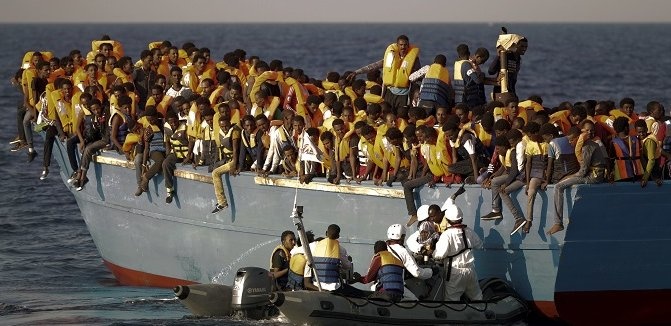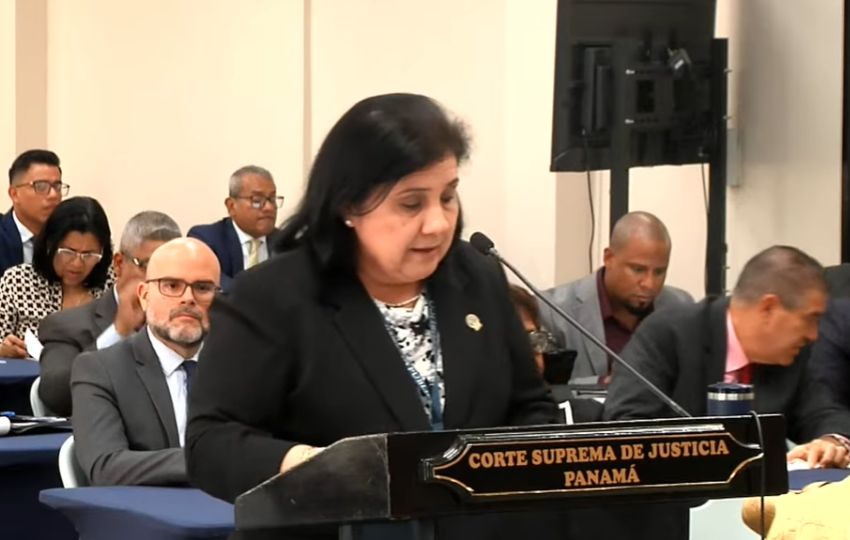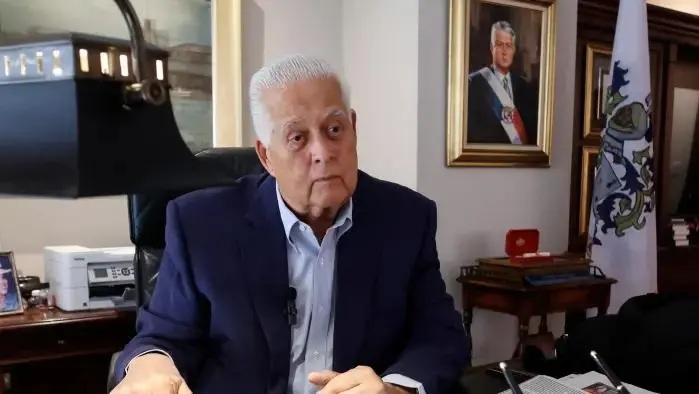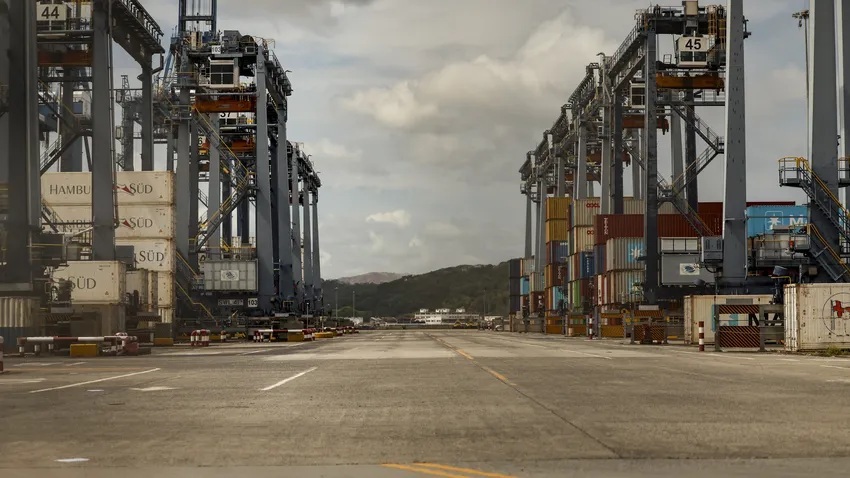UN welcomes end to Migrant standoff

GENEVA, (Xinhua) — The UN refugee agency, UNHCR, has welcomed several European countries’ actions to collectively end a standoff on the Mediterranean involving some 450 refugees and migrants who had been stranded at sea amid a battle over disembarkation.
UNHCR said in a statement that the governments of France, Germany, Italy, Malta, Spain and Portugal, have agreed to land and together share processing of the 450 people, including any asylum claims that might be lodged.
“We hope that these arrangements will now be quickly and effectively implemented,” said UN High Commissioner for Refugees Filippo Grandi.
“As well as ending an ordeal for these individuals, this sets a positive example of how, by working together, countries can uphold sea rescue and manage borders while simultaneously meeting international asylum obligations.”
He noted that, however, solutions are needed that go beyond piecemeal or “ship-by-ship” arrangements.
The head of the refugee agency said that at the EU summit in late June, European governments committed to a more sustained collaborative, predictable and well-managed approach to dealing with all people rescued at sea.
“Until this is in place, arrangements for Mediterranean arrivals will continue to be short-term and unsustainable, the interests of a common approach by Europe will be undermined, and lives will be at risk with each new attempted boat journey.”
On July 17, the UN migration agency, IOM, reported that 50,872 migrants and refugees entered Europe by sea from Jan. 1 to July 15. That total compares to 109,746 at this time last year, and 241,859 at this time in 2016.
Arrivals to Spain overtook those to Italy over the last weekend, said IOM.
To date just over 35 percent of all Mediterranean irregular migrants have come via the Western Mditerranean route, whose irregular migration volume has nearly tripled those registered at this time last year.
UNHCR said that as of Thursday, wider Mediterranean arrangements for managing rescue, disembarkation and the follow-up processing are “far from adequate”.





